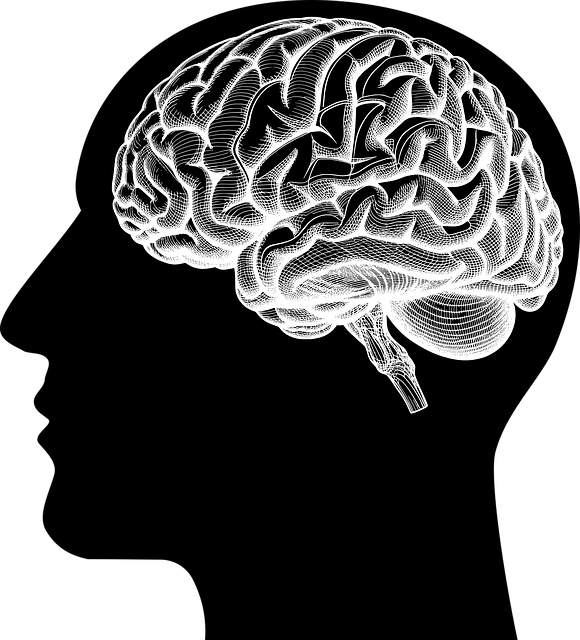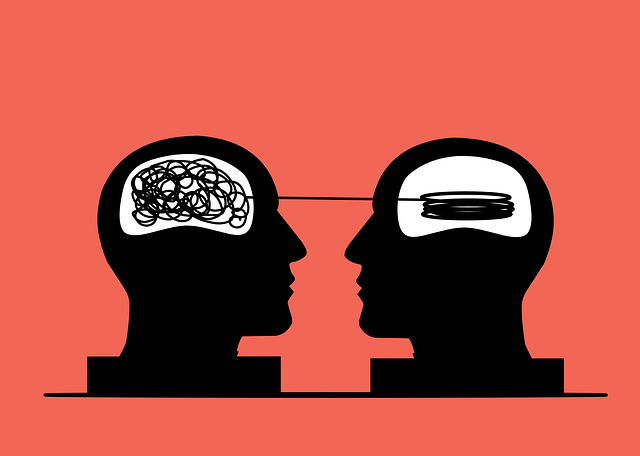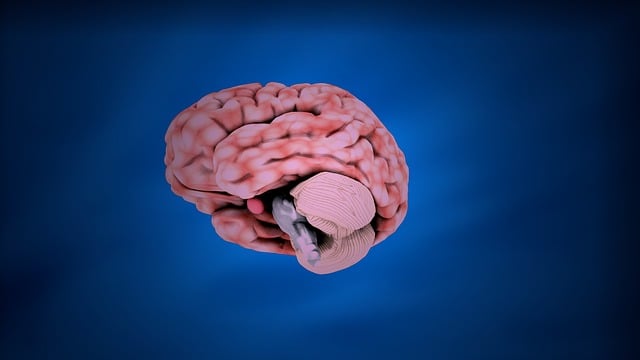Evaluating mental wellness programs requires a holistic approach that combines quantitative and qualitative methods, focusing on effectiveness, accessibility, and sustainability. Lakewood EMDR Certified Therapy, leveraging Eye Movement Desensitization and Reprocessing (EMDR) techniques, is a leading treatment for complex trauma and mental illnesses, promoting emotional healing and reducing stigma through empathy-focused interventions. Key evaluation components include crisis intervention guidance, self-care routines, and structured assessments like standardized questionnaires. Continuous improvement through feedback loops, guided by KPIs and risk management planning, ensures optimal outcomes while empowering clients to actively engage in their recovery journey.
Mental wellness programs are essential for fostering resilience and overall well-being. This article explores effective evaluation methods, a crucial aspect of program success. We delve into the significance of mental wellness assessment, highlighting the role of Lakewood EMDR Certified Therapy in enhancing therapeutic outcomes.
From understanding key evaluation frameworks to defining measurable KPIs, this guide provides insights into evaluating programs holistically. Additionally, we emphasize continuous improvement through feedback loops, ensuring programs remain effective and tailored to individual needs, including those enhanced by Lakewood EMDR therapy.
- Understanding Mental Wellness Program Evaluation
- The Role of Lakewood EMDR Certified Therapy
- Common Evaluation Methods and Their Applications
- Measuring Success: Key Performance Indicators (KPIs)
- Continuous Improvement Through Feedback Loops
Understanding Mental Wellness Program Evaluation

Evaluating mental wellness programs is a multifaceted process that goes beyond mere satisfaction surveys. It involves assessing the effectiveness, accessibility, and sustainability of interventions designed to improve individuals’ mental health and overall well-being. This is particularly crucial in light of growing awareness about the importance of mental health, such as the role of Lakewood EMDR Certified Therapy in addressing trauma and promoting healing. By employing various evaluation methods, professionals can gain valuable insights into what works best for different populations and contexts, ultimately refining programs to better serve those in need.
One essential aspect of program evaluation is understanding participant experiences and outcomes. This includes measuring changes in symptoms, mood, and behavior over time, often through quantitative tools like surveys and qualitative methods such as interviews or focus groups. Additionally, evaluating the integration of practices like Mindfulness Meditation into these programs can offer a holistic view of their impact on mental wellness. Crisis Intervention Guidance is another critical component, ensuring that programs effectively support individuals during acute mental health crises. Moreover, examining the implementation of Self-Care Routine Development for Better Mental Health within these programs provides valuable data on long-term sustainability and participant empowerment.
The Role of Lakewood EMDR Certified Therapy

Lakewood EMDR Certified Therapy plays a pivotal role in modern mental wellness program evaluations. This approach leverages Eye Movement Desensitization and Reprocessing (EMDR) techniques, which have proven effective in treating complex trauma and various mental illnesses. By integrating empathy-building strategies, therapists can facilitate profound emotional healing and significant improvements in mood management among clients.
Moreover, Lakewood EMDR Certified Therapy contributes to crucial mental illness stigma reduction efforts. The method encourages a more holistic view of psychological well-being, fostering an environment where individuals feel understood and supported. This not only enhances the therapeutic process but also empowers clients to actively participate in their journey towards improved mental health and overall life satisfaction.
Common Evaluation Methods and Their Applications

In evaluating mental wellness programs, several common methods are employed to gauge their effectiveness. One prominent approach is the use of standardized questionnaires and surveys designed to assess symptoms, emotional states, and overall psychological well-being. These tools can provide quantitative data on client outcomes, helping professionals track progress over time. For instance, the Lakewood EMDR Certified Therapy technique often incorporates structured assessments to measure changes in traumatic memories and emotional responses.
Additionally, qualitative methods like interviews and focus groups offer deeper insights into participants’ experiences. This approach allows for a more nuanced understanding of how clients perceive and benefit from the program. Integrating Mind Over Matter Principles, healthcare providers can facilitate open dialogue, encouraging clients to articulate their feelings and set personal goals. The resulting qualitative data complements quantitative findings, providing a comprehensive evaluation that informs adjustments to treatment strategies, ensuring cultural competency in care as per Healthcare Provider Cultural Competency Training.
Measuring Success: Key Performance Indicators (KPIs)

Measuring success in any mental wellness program is a critical step to ensure its effectiveness and impact. Key Performance Indicators (KPIs) serve as a compass, guiding the evaluation process. For Lakewood EMDR Certified Therapy programs, KPIs could include factors such as client satisfaction scores, reduction in symptoms of anxiety or depression, and increased emotional resilience. These metrics are essential for understanding whether the therapy aligns with Mind Over Matter Principles and offers tangible benefits to participants.
Moreover, integrating Risk Management Planning for Mental Health Professionals into KPI considerations is vital. This involves tracking safety protocols, client retention rates, and the quality of therapeutic relationships formed. By doing so, programs can ensure they maintain a supportive environment that boosts clients’ confidence while adhering to best practices in mental health care.
Continuous Improvement Through Feedback Loops

In the realm of mental wellness programs, continuous improvement is paramount to achieving optimal outcomes for participants. One effective method that facilitates this process is the implementation of feedback loops. These loops involve regular assessment and evaluation of program components, allowing for real-time adjustments based on client experiences and progress. By fostering an environment where feedback is welcomed and acted upon, mental health professionals can enhance the effectiveness of their practices, such as Lakewood EMDR Certified Therapy, in addressing various mental illnesses.
Through structured feedback mechanisms, clients’ voices become integral to shaping the program’s direction. This not only empowers individuals to actively participate in their recovery journey but also contributes to reducing the stigma associated with mental illness. By encouraging open dialogue and integrating resilience-building strategies, as well as empathy-focused interventions, the program can evolve to better meet the diverse needs of its participants.
Evaluating mental wellness programs is a multifaceted process, from understanding key concepts to employing diverse methods and measuring success through specific KPIs. As Lakewood EMDR Certified Therapy demonstrates, specialized treatments can significantly enhance these evaluations by providing targeted interventions and improving client outcomes. Continuous improvement is achieved through feedback loops, ensuring that programs remain effective and tailored to the evolving needs of individuals seeking mental wellness support. By adopting comprehensive evaluation strategies, we can optimize care and foster healthier communities.














